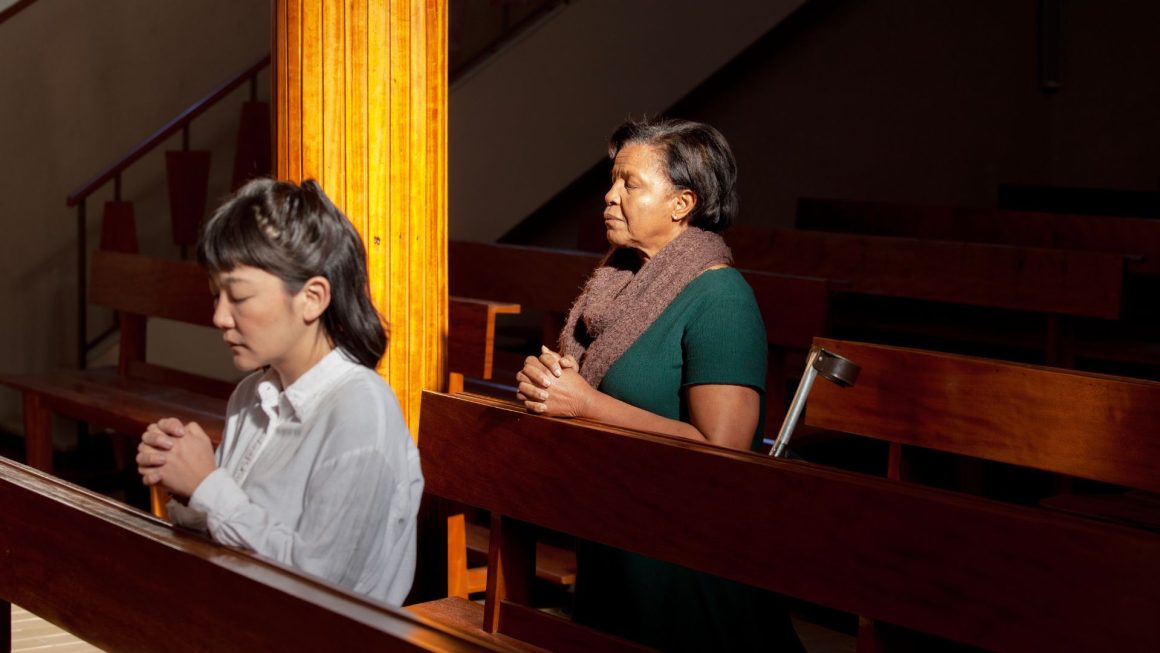Life after death is interpreted differently in different cultures and religions. According to most believers in the afterlife, existence happens in a spiritual realm, or sometimes the individual becomes reborn into the world again. Once the person is reborn, they go through the circle of life afresh as a newborn child would. They will not remember their previous life or have any idea about who they were before. In this article, we will discuss some concepts of life after death.
1. The Resurrection of Jesus Christ
Most Christians believe in the afterlife based on the resurrection of Jesus Christ. They believe that when Jesus was crucified and died on the cross, he atoned for the sins of the world. After three days, Jesus was resurrected and was seen by his disciples. This shows that Jesus became victorious after his sacrifice over sin and death.
As much as people still die physically, believers of Christ who live according to His laws will be given another life. When Jesus rose from the dead, he came with a body. This concept provides Christians the idea that they will still have a life and a body after death, just like that Of Jesus.
2. Heaven
Almost all Christians believe that when they die, they are taken to heaven in the presence of God. This is where they will be judged according to the deeds they didn’t do or did in their life. If your deeds are found to be good, then you will be allowed to stay in heaven with God and the angels. Online Christian colleges have a lot of these teaching with better elaborations and meanings.
3. Judgment
Most Christians believe that once you die and go to heaven, you will have to face the judgment immediately, while others believe that there is a special day of Judgement when the time ends. This is when everyone will be judged together at the same time. For some, there is the personal judgment which is the initial one and the definitive judgment that will happen at the end of everything on earth.
4. Hell
Christians believe that God gave people free will, which means you can either choose God or reject Him. This brings the idea of hell into the picture. Hell is envisioned as a place of eternal fire with pain and suffering. This is where Christians believe that if you don’t choose God, you will end up in. However, according to the Roman Catholics, they believe that there is a place in the afterlife called Purgatory.
This is where sinners are cleansed with the cleansing fire and then are accepted into heaven.
On the other hand, most Christian teachings and believers do not accept the concept of purgatory. They only believe that you either go into heaven and live eternally with God once the judgment is done or go into hell for eternal torcher and pain. Some of these teachings will find them easily in the online Christian colleges where the Apostles Creed is studied and interpreted accordingly.
5. Eternal Life
According to Jesus’ promise to his disciples, those who follow him will have eternal life and that He came to earth so that humans can overcome death and live forever. According to most Christians, everyone who has died will be raised in a new world at the end of time. Another way to view this is when Jesus told the thief who was next to him that he would go to paradise with him. This shows the immortality of the soul, which also explains the concept of life after death. The soul does not die; instead, it advances to the next stage of life to keep living.
Christians and other believers of the afterlife have different interpretations of the same. According to Christians, it simply means that they will still exist spiritually after they die and the physical body is destroyed. Also, when Jesus was about to die, He told his disciples that he was going to prepare a place for them. And that he will come back to take them to be with Him where he is. However, different beliefs, cultures, and religions have different interpretations and concepts regarding life after death.



